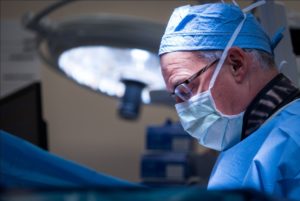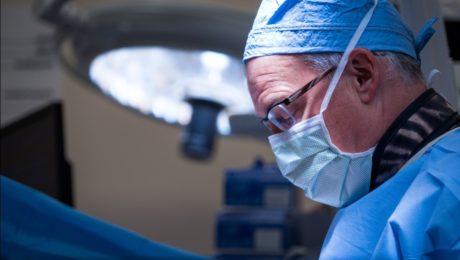An estimated 80 percent of the population experiences back pain at some point in their lives—most of whom are women. Not only are women more likely than men to have back pain, they are more likely to have chronic pain.
According to the data, back pain has a “gender bias” due to post-menopausal hormonal changes and differences in lifestyle. While there is no conclusive evidence of causes, we can look at some back pain conditions that seem to affect women more than men:
Spinal osteoarthritis
The National Institutes of Health states that osteoarthritis or facet joint arthritis affects women more than men over the age of 45. This degenerative joint disease occurs when the cartilage between the discs and joints breaks down. It can be caused by wear and tear or a traumatic injury.
Either way, osteoarthritis can be painful and cause weakness as well as loss of mobility in the neck and back. This musculoskeletal condition can occur at any point in the spine and most often affects the neck and lower back region.
Spinal osteoporosis fractures
Osteoporosis causes the bones to become brittle and prone to breakage. Over 1.5 million fractures related to osteoporosis happen every single year in the United States. Harvard Medical School suggests that about 25 percent of post-menopausal women have experienced a spinal osteoporosis-related fracture.
This condition can significantly affect your quality of life, limit your functionality, and cause severe, debilitating pain. The hormonal changes associated with pregnancy, weight gain, menopause, and childbirth can trigger a variety of conditions that cause back pain.
Degenerative spondylolisthesis
The vertebrae in your spine are prone to degeneration and wear and tear. Over time, they can weaken so much that the vertebra can slip over the one beneath it. Degenerative spondylolisthesis or slipped vertebral body (spinal bone) disproportionately affects women in the post-menopausal stages of their life.
postmenopausal women with lower estrogen levels are more likely to develop spondylolisthesis. Since estrogen plays a vital role in bone growth and maturation, its lower levels in older women means a greater likelihood of degenerative spondylolisthesis.
Seek the help of medical professionals
 Effective pain management and preventative care can help you deal with musculoskeletal disorders as soon as symptoms appear. At Houston Neurosurgery & Spine, we provide the latest, state-of-the-art treatments for a variety of conditions that affect men and women alike.
Effective pain management and preventative care can help you deal with musculoskeletal disorders as soon as symptoms appear. At Houston Neurosurgery & Spine, we provide the latest, state-of-the-art treatments for a variety of conditions that affect men and women alike.
At our back and spine center in Houston, we offer conservative, minimally-invasive, and surgical solutions for spondylolisthesis, facet joint syndrome, degenerative disc disease, and lower back pain.
Call us at 832.522.8500 to schedule an appointment at our spine center in Houston, Texas.

